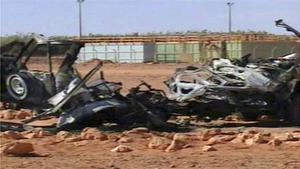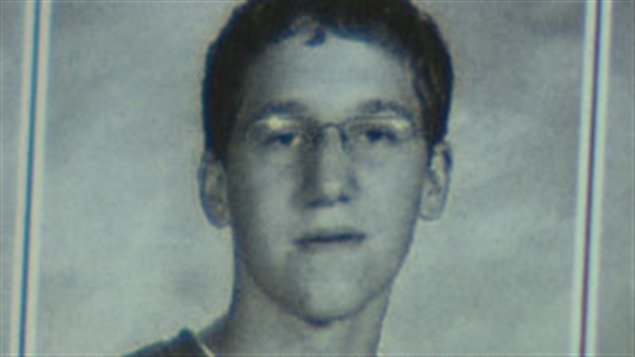Canadians may suffer renewed fears about homegrown terrorism after learning that two of the people who attacked an Algerian gas refinery in January were middle-class boys from the province of Ontario. 38 hostages and 29 militants died in the carnage.Canadian security and intelligence officials have recently warned that citizens are being recruited in Canada for terrorist activities at home and abroad. The public broadcaster, CBC, has now identified two Canadians in the Algerian attack as Xristos Katsiroubas, 22, and Ali Medlej, about 24 years old. They are said to have been high school friends from a nice neighborhood in London, Ontario who developed links with Al-Qaeda.
The Canadian Security Intelligence Service, CSIS had been investigating the two since 2007, but it has said nothing so far about what it found.“It’s very difficult because we in Canada have a Charter of Rights and Freedoms which guarantees fundamental freedoms such as freedom of movement, freedom of association,” said Ray Boisvert, former assistant director of intelligence at the Canadian Security Intelligence Service. “So the security services and the police organizations are somewhat limited, and rightly so, in terms of what they investigate because there have to be reasonable limits in a free and open, democratic society.”
Causes of radicalization
What may have caused a radicalization of these two boys is not known yet, but CSIS did produce a report on the general subject of radicalization of youth during Boisvert’s tenure. “It always involves a person at a fairly tender age, a young adult who is vulnerable to an extremist message because they may be somewhat lost, they may be somewhat disenfranchised,” said Boisvert. “They may be suffering some troubling issues at home or through school, a number of things and they’ll usually fall under the influence of a person I like to refer to as an influencer, a person who’ll take advantage of and exploit those vulnerabilities.”
The extremism is not necessarily based on religion or a particular religion according to the study. It can be political. Radical ideas are easily spread over the internet. The director of CSIS, Richard Fadden told a parliamentary committee that there are 50 or 60 Canadians who have left of attempted to leave the country to engage in some form of activity threating to national security.
Risks for Canada

This image taken from Algerian TV broadcast on Jan. 20 shows the aftermath of the hostage crisis. (Algerie TV/Associated Press)
Canada can ill afford to be seen as an exporter of terror said Boisvert. There could, in his view, be consequences for trade, commerce, travel and tourism. Since there is a limit to how much police and security services can do he believes it is incumbent on citizens to recognize vulnerable youth and unusual behaviour and to deal with it through discussion and possible with professional help.
Once security forces get involved he says it is too late. “We’ve had a number of Canadians unfortunately go missing in foreign environments from Somalia to Afghanistan, Pakistan, Yemen and now, increasingly in west and north Africa. We have a serious concern to be addressed.”







For reasons beyond our control, and for an undetermined period of time, our comment section is now closed. However, our social networks remain open to your contributions.